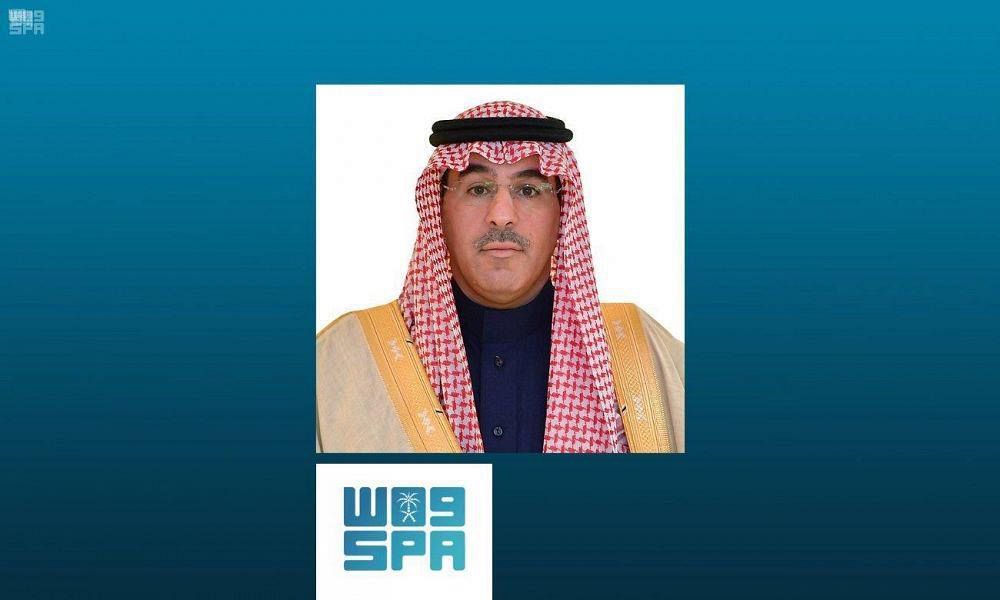
The world is falling ”far short” of commitments made three decades ago to protect minority communities, UN Secretary-General António Guterres said on Wednesday, appealing for concrete action to counter this neglect.
The UN chief was speaking in New York at an event to commemorate the 30th anniversary of the adoption of the Declaration on the Rights of Persons Belonging to National or Ethnic, Religious and Linguistic Minorities.
Countries are meeting on the sidelines of the General Assembly to critically assess progress of the landmark document.
Guterres was blunt in his evaluation of their efforts. “The hard truth is that — 30 years on — the world is falling short. Far short,” he said.
“We are not dealing with gaps — we are dealing with outright inaction and negligence in the protection of minority rights.”
He reported that minorities have faced forced assimilation, persecution, prejudice, discrimination, stereotyping, hatred, and violence.
They also have been stripped of their political and citizenship rights, and seen their cultures stifled, their languages suppressed, and their religious practices curtailed.
Additionally, more than three-quarters of the world’s stateless people belong to minorities, while the COVID-19 pandemic has revealed deep-rooted patterns of exclusion and discrimination disproportionally affecting their communities.
“Women from minority groups have often been the worst off — facing an escalation in gender-based violence, losing jobs in greater numbers, and benefiting the least from any fiscal stimulus,” he added.
It is past time the international community lives up to its commitments, the Secretary-General told the gathering.
“We need political leadership and resolute action. I call on every Member State to take concrete steps to protect minorities and their identity,” he said.
The UN chief pointed to his Call to Action for Human Rights, issued in February 2020, as a “blueprint” for all governments to address long standing issues of discrimination.
Meanwhile, his Our Common Agenda report, published last September, calls for a renewed social contract anchored in a comprehensive approach to human rights.
Guterres stressed that minorities must be active and equal participants in every action and decision, adding that this participation is not just for their benefit.
“We all benefit,” he said. “States that protect the rights of minorities are more peaceful. Economies that promote the full participation of minorities are more prosperous. Societies that embrace diversity and inclusion are more vibrant. And a world in which the rights of all are respected is more stable and more just.”
The commemoration should serve as “a catalyst for action”, he said, urging countries to work together to make the Declaration a reality for minorities everywhere.
The 1992 Declaration is the only UN international human rights instrument entirely devoted to minority rights.
It enshrined three core truths, namely that minority rights are human rights, that the protection of minorities is integral to the UN’s mission, and that the promotion of those rights is vital to advancing political and social stability and preventing conflict within and between countries.
In his remarks, the president of the UN General Assembly Csaba Kőrösi urged countries to act urgently to protect the rights of minorities in their territories.
“The Declaration’s ambition was to create a world where minorities can freely practice religion. Freely engage in tradition. Freely speak one’s native language. A world where diversity is seen not as a liability — but as a strength,” he said.
“However, our task today is not finger pointing,” he continued. “Our task is strengthening the common ground that has already been agreed upon.”
Like the Secretary-General, Kőrösi also addressed the plight of minority women, who endure what he called “intersecting forms of discrimination”, multiplying their vulnerability to violence.
Nobel laureate Nadia Murad, who survived Daesh atrocities in Iraq, spoke about growing up in the country’s small Yazidi community in the north. Iraq is large, and she said minority communities were separated geographically, but also by design.
“For those in power, it was easier to control a country in which minorities were divided, suspicious of one another, and voiceless in government and civil society,” said Murad. “We were deprived of rights and of representation and marginalized. We were invisible.”
That isolation had “violent consequences”, according to the human rights activist, who is also a Goodwill Ambassador with the UN Office on Drugs and Crime (UNODC).
She said the Yazidis were alone and unprotected when Daesh came into Iraq. Her village was attacked. Eight years on, the community remains on the margins. Most are still living in camps in Iraqi Kurdistan.
Murad insisted that hers was not just a “Yazidi story” but applicable to all of Iraq’s minority communities, and others across the world fighting for a fair role in their countries.
“We need the international community to act, to show the world that they believe in the ideals outlined in this resolution. We know brutal consequences of inaction. We call upon you to be our partners in this fight.” — UN News












